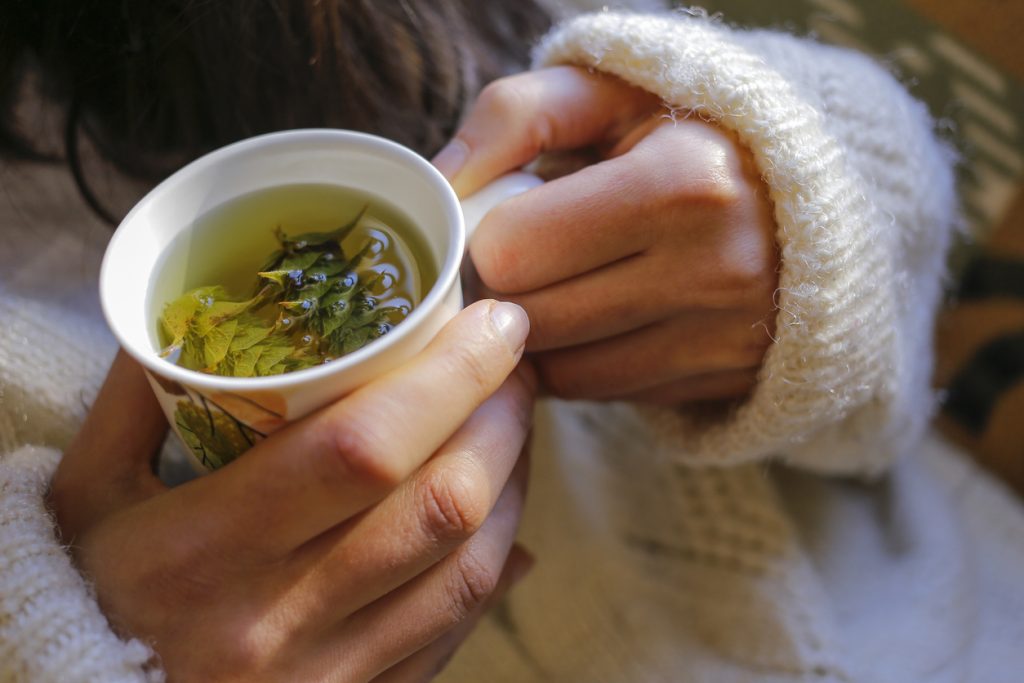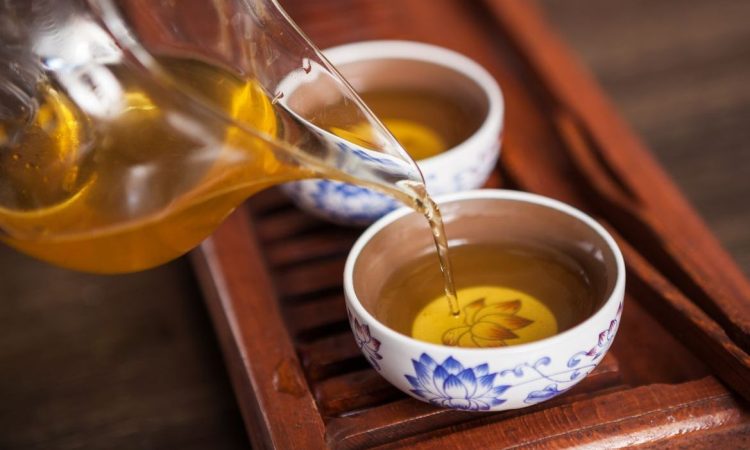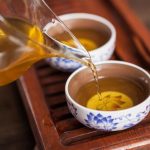|
Getting your Trinity Audio player ready...
|
Tea has been a personal and research interest of mine for almost a decade – and its sensory experience contains many surprising parallels to career exploration.
The ancient tradition of the Chinese tea ceremony offers a way to explore these connections. It involves using small teacups and teapots for multiple infusions of tea to bring out the full flavour and aroma. Through this intentional ceremony, savouring tea is an act of mindfulness. Similarly, career exploration can be a mindful process – requiring reflection on one’s experiences, fit and long-term career goals.
To further explore these connections, in the summer of 2025, I conducted some experimental “Career Exploration with Tea” sessions with students at the University of British Columbia Career Centre. When students booked an hour-long advising session with me online, they had the option to choose either a regular session or a tea session. Here, I share how I undertook these sessions and the experiences of several participants.
Steeping career conversations
The sessions unfolded in three parts. They began with a short introduction to the tea ceremony and its procedures. Students got to choose their tea by smelling the dry tea leaves. We then proceeded with three rounds of tea.
From this mindful beginning, the sessions transitioned from the physical to the introspective. The sensory awareness cultivated in the first part became a new lens through which students could examine their career questions and concerns. The sessions concluded with a reflection for participants to share their takeaways and offer feedback.
Building warmth
The first participant was a first-year female student who wanted help with ranking her choices of major. She was quiet and had a gentle smile on her face when she walked into the room.
“How is it going?” I tried to connect with her.
“Fine,” she murmured.
“What about we start with some tea? I have two choices for you.”
She picked the black tea. I heated the water and made three rounds of tea for both of us. Her face started to light up.

“How do you like the tea?” I asked.
“I like it. I feel warm,” she replied.
That became a signal for me to move on to the second part. She became more open in sharing her concerns, raising questions and seeking further clarification. We chatted about the factors influencing her decisions, how she could get more information through coffee chats and the fact that she could still change her mind later in her studies.
The experience of tea changed the dynamic of our conversations and facilitated our communication. She told me that it was her first time using career services and she appreciated the experience with tea.
A novel experience
The second participant was a second-year student majoring in cognitive systems, trying to decide whether to pursue graduate school in law or psychology. He was friendly and agreeable. He greeted me as soon as he sat down, “I was so excited about the session with tea. I have been looking forward to this the whole week.”
He picked the aged white tea, something novel to him. As we sipped our tea, he asked questions about the white tea, the history of the tea ceremony and the various tea objects on the table. He also noticed changes in the smell and taste of the tea in each pouring.
The student preferred psychology over law, but he was concerned about his grades and career prospects in both fields. We talked about his assumptions and reviewed labour market information for lawyers and psychologists. Because of his genuine interest and curiosity, I was able to weave in the metaphor of the tea experience to career exploration endeavours.
In the end, the student had an a-ha moment, realizing that his perspectives will likely change as he engages in more research activities and reflects on his experiences and career goals, which will help point to his next steps.
Reading the tea leaves
The third participant was a fourth-year psychology student, also trying to decide if she should pursue psychology or law as a career.
“I love tea,” she said enthusiastically. “I drink black tea back home, so I want to try white tea this time.”
We went through similar resources in clarifying some of her concerns.
Toward the end of the appointment, the student asked, “Does the choice of tea say anything about which career path to choose? You know, like the tea leaves reading?”
“Do you really believe in those kinds of things?” I was surprised.
“No, not really, but I just wish there was something like it.”
I had an a-ha moment instead. Students have ambivalent feelings about uncertainty in careers. On one hand, they hope some magic assessment can provide definitive answers; on the other hand, they question the validity of such forms. The tea ceremony opened the space for this understanding to emerge.
Learnings and reflections
This culturally infused career practice is particularly suited for students of Chinese descent or who are interested in Asian culture, as they are more receptive to and curious about this form.
Everyone agreed that the sensory experience made them feel more relaxed and open in sharing their concerns. This was particularly true for the quiet student: the warmth and aroma of tea melted her hesitation, fostering a genuine connection where a richer conversation could unfold. The act of hospitality created an inclusive space that transcended a typical appointment.
During the sessions, I attempted to connect the experience of tea to the career exploration conversations with students, but it only worked out for certain students and scenarios. For the student who was genuinely curious about tea, it was natural and easy to offer some prompting questions to connect the dots. For most students, I found little opportunity to introduce the metaphor or to make the connection.
Finally, a student’s wishful comment about tea leaf reading reminded me of what advising appointments can or cannot do. Students often seek certainty in the face of overwhelming choice. Part of the job is to make students feel heard and manage their expectations. Experimenting with cultural practices in the career space can be helpful for building rapport and facilitating self-awareness and discovery.





Love the idea of using tea as metaphor for career journey!
I vaugely remember in Chinese there are "three steps of tea drinking process reflecting the three life stages", so I shared with CoPilot, here is what I got:):
🍵 First Sip: Youth and Aspiration
• Taste: Light, fragrant, slightly bitter.
• Symbolism: The beginning of life—full of dreams, curiosity, and a touch of naïveté. Like the first sip of tea, youth is fresh and invigorating, but not yet fully understood.
• Reflection: You’re discovering who you are, chasing ideals, and learning through trial and error.
🍵 Second Sip: Adulthood and Responsibility
• Taste: Richer, deeper, more complex.
• Symbolism: The middle stage of life—marked by career, relationships, and responsibilities. The tea now reveals its full body, much like life reveals its weight and depth.
• Reflection: You’re navigating commitments, making sacrifices, and finding meaning in both joy and struggle.
🍵 Third Sip: Wisdom and Acceptance
• Taste: Mellow, lingering, subtly sweet.
• Symbolism: The later years—where clarity, reflection, and peace emerge. The tea’s aftertaste stays with you, just as life’s lessons do.
• Reflection: You embrace impermanence, savor simplicity, and find beauty in stillness.